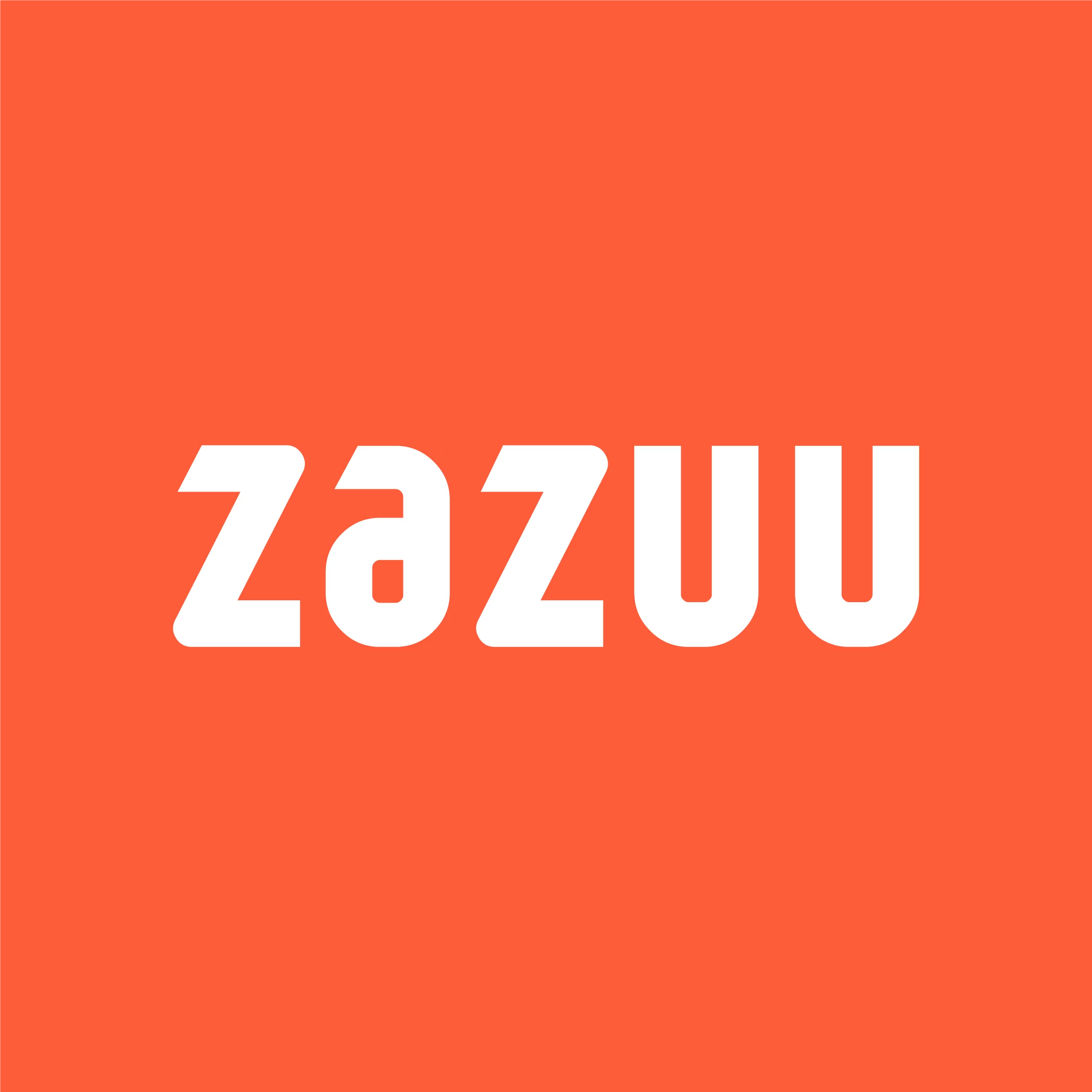A Case Study of Zazuu: Why Did It Fail?

Rejoice Anodo
November 30, 2024

Zazuu’s Business Model
Zazuu was a fintech startup based in London, founded in 2018 by Kay Akinwunmi, Korede Fanilola, Tosin Ekolie and Tola Alade. Zazuu enabled international money transfers by creating a marketplace where users could compare remittance rates before choosing a suitable option, to send money to Africa.
Users registered on the app could see remittance and exchange rates from money transfer operators (MTOs) such as MoneyGram, WesternUnion and Pingexpress. After choosing the payment provider with optimal rates, users could then make their transfer directly on the Zazuu app. Post-transfer, users could also track their transactions and request customer support.
The app was based on a modern technology stack, integrating several payment platforms and settlements with MTOs. These promised ease of use and reliable transactions.
As a cross-border remittance platform, Zazuu was built to cater to Africans based in the diaspora who wanted to send money back to their home countries, mostly based in Sub-Saharan Africa. This was a timely intervention as this region has the highest remittance rates. The customer base for this service included migrant workers, IT professionals, expatriates, foreign students and the recipient of the funds.
Zazuu’s Impact on the Remittance Industry
According to a special report by the Common Market for Eastern and Southern Africa (COMESA), remittance costs to Africa are higher than in other countries. This is despite the high number of Africans working in remittance source markets and the resulting cash flow.
Sending money overseas, especially to African countries, has always been associated with hurdles. Existing bank systems require a lot of paperwork and the involvement of several financial partners. These partners added fees to each transaction, making it an expensive process.
Zazuu focused on providing financial inclusion by providing transparency during such transactions. By aggregating several payment vendors in one platform, users got the best deals with money transfers.
It also prevented the hassle of going to physical banks and provided security as they could track the status of their transactions on the website or mobile app. Recipients got the full value of their funds, and the transfers came faster when compared with traditional methods.
Challenges and Opportunities
During its early days, Zazuu struggled to establish essential partnerships to aid its continuity. Akinwunmi, Zazuu’s co-founder shared these details with Tech Cabal, stating that they experienced difficulty acquiring operation licenses because their target was the African market.
“They asked unreasonable questions they probably won’t ask other people - for example, those focusing on European markets. We were classified as a risky entity. We were enabling payments to Africa, and Africa is risky, from a compliance or regulatory standpoint.”
While Zazuu marketed its services as the first cross-border remittance platform, existing players like Western Union and Remitly also offered these services, with the latter focusing majorly on the African market. Founded in 2012, Remitly has focused its services on emerging markets with high remittance generation. Zazuu also faced some difficulty explaining the exact services they offered customers and potential business partners, which may have hindered widespread adoption.
Since its inception, Zazuu has raised a seed fund of $2 million, backed by over six investors, including Launch Africa and Founders Factory Africa. However, the company was unable to raise more funding after this and shared the news about its decision to shut down on LinkedIn.
Lessons Learned from Zazuu
Zazuu had a clear vision - to make remittance payments seamless and transparent. The co-founders had ample experience from building separate businesses, and as such, they were well-equipped for the role. As it costs more to send money to Africa than anywhere else, Zazuu was set to establish itself as a solution to this obstacle.
However, the struggle for funding posed a difficult challenge. In the official statement on LinkedIn, it was admitted that due to a “tough funding climate”, they could not secure “growth funding round. We explored every option before making this decision.”
Funding is a major requirement for business operations. As more startups sprout, seeking investments will become even tougher. This can be offset by diversifying funding options such as bootstrapping, crowdfunding, taking out specialized startup/small business loans or grants, and seeking angel investors.


